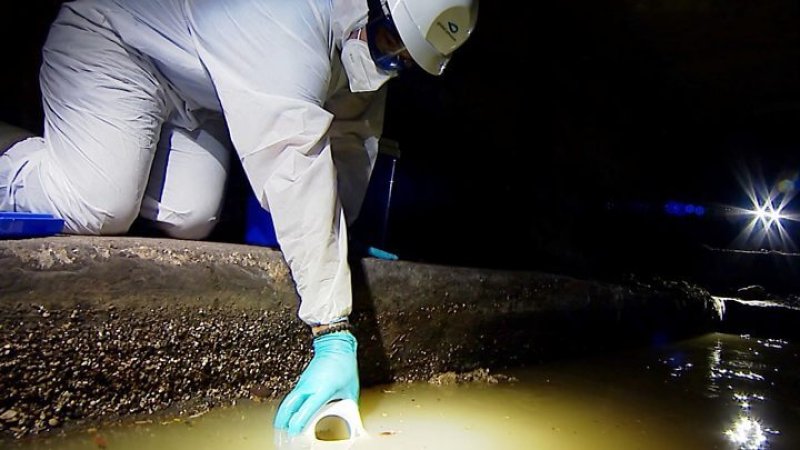Everyone pees and poops. We excrete metabolites, vitamins, microbes, and even our own cells. This information makes its way into a wastewater treatment plant, creating a community-wide stool or urine sample. Wastewater epidemiologists can leverage our waste to detect disease outbreaks, drug use, and more. So what exactly can we detect and how is this information protected?
…
However, using sewage to monitor a community’s lifestyle and general health may seem, to many, more intrusive than monitoring disease outbreaks. At the University of Queensland, scientists were able to predict socioeconomic information using wastewater. This group of researchers used biomarkers from wastewater to predict 37 characteristics from the Australian Census including median age, education, and employment.
…
The Sewage Analysis CORe group Europe put together a set of guidelines addressing ethical research practices for sewage epidemiology noting that there’s historically been little oversight by research ethics committees as wastewater data is not collected on individuals. Some of their mitigation strategies include aggregating samples from multiple sites, and removing names and locations of sampling sites.
Wastewater based epidemiology has the potential to gauge the health of our cities, but before reaping the benefits, scientists should also weigh and address the concerns. Sewer data used for research to understand population trends is much different from using the data for policy or punishment.































